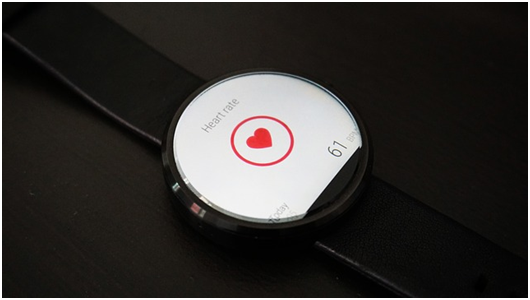In this modern day and age, there are several trends evolving in industries all over the country. Most of these are the result of advanced information technology. These have made our lives easier, safer, and more connected than before. One such example is Clockspot that enables businesspeople to track their employees’ time.
While many of us know how tech has changed the business, education, and other industries, we may not have noticed these trends in the medical industry. Wondering what these might be?
You might be surprised at the examples below!
- Surge In Digital Healthcare
Whether it’s a Studylog animal research software or monitoring heart rates, digital healthcare technology is now irrevocably on the rise. Digital devices are able to administer remote, virtual, and mobile care for those who don’t have easy access to medical assistance. These devices are part of the Internet of Things, which means they’re connected in many ways.
Just a couple of general examples are medical apps on smartphones and wearable devices to track blood pressure and heart rate. These apps and devices can be synced together and their reports sent to a medical professional or trusted family member. This advancement in technology will help the elderly and sick people live an independent lifestyle. It will also help them get the help they want at a moment’s notice instead of waiting hours to see a doctor.
- Artificial Intelligence
Data is becoming more and more important as technology advances. Hence, artificial intelligence or AI and blockchain are going to be major players in the digital health industry. Diagnostics are becoming more accurate due to image recognition and several other revolutionary aspects of AI.
To maintain data privacy along with sharing across platforms, blockchain needs to come into play as well. This will mean that cryptocurrency may contribute to paying medical bills while securing the transfer of sensitive data related to health. Blockchain will hence be the foundation upon which the healthcare industry would make use of big data and AI.
- 3D Printing
3D printing might seem like a fun activity, but it could mean the difference between sickness and health or even life and death for many patients in the future. Doctors and medical researchers are now working on the 3D printing of tissues for transplantation purposes.
Researchers are also looking into bio-printed materials that can revolutionize the pharma industry by replacing animals in the testing labs. This will please animal rights activists and other critics of this sector along with providing more relevant results for the human experience.
- Medical Billing
An unfortunate fact is that medical expenses are steadily rising. They’re becoming more and more difficult to manage for the common man, especially with the radical changes in health insurance policies. Therefore, patients are more wary about spending money on medical expenses while looking for ways to save whenever it’s possible.
The medical billing sector of this industry comes in here and uses technology to assure the best experience for patients in need of expensive medical treatment.
- Intellectual Computing
This technological advancement is a way in which we can mine data using complex algorithms to reach medical conclusions. It’s a part of artificial intelligence that could lessen the burden on medical human professionals and reduce the risk of wrong diagnoses. It could also tie patient data with insurance policies, ensuring that everyone gets the medical treatment they need without having to pay for it out of their pocket. Of course, perfecting such concepts will take more research and time, but the trends are already in place.


